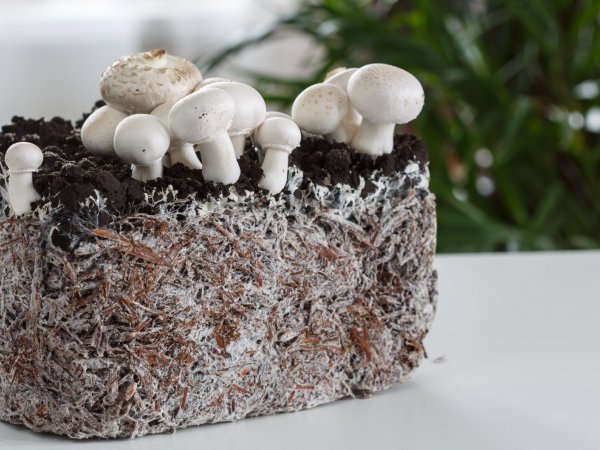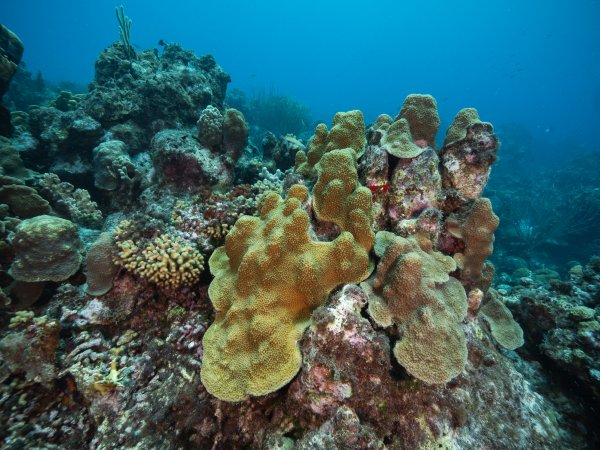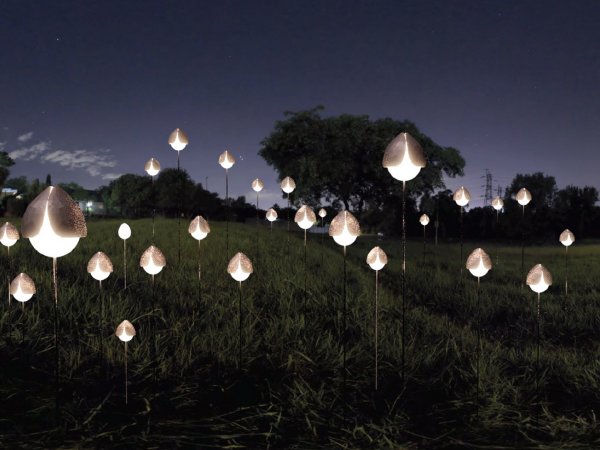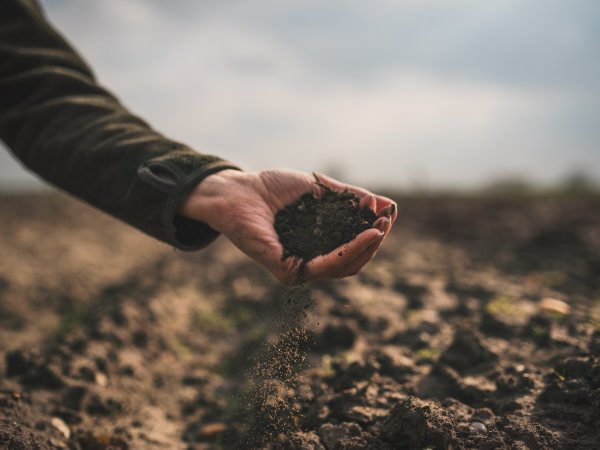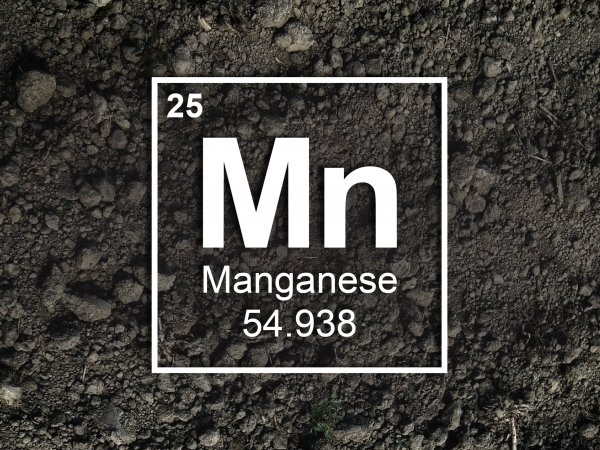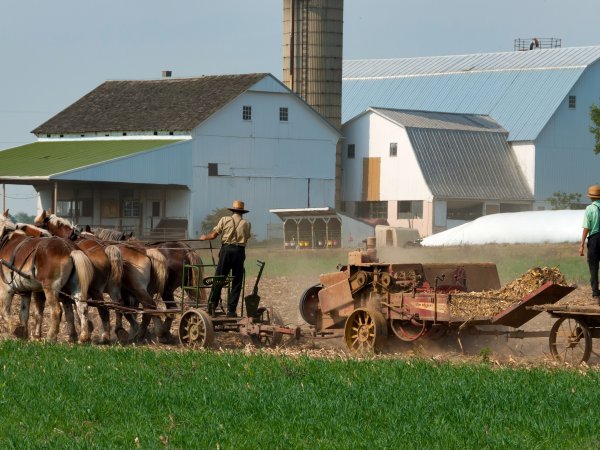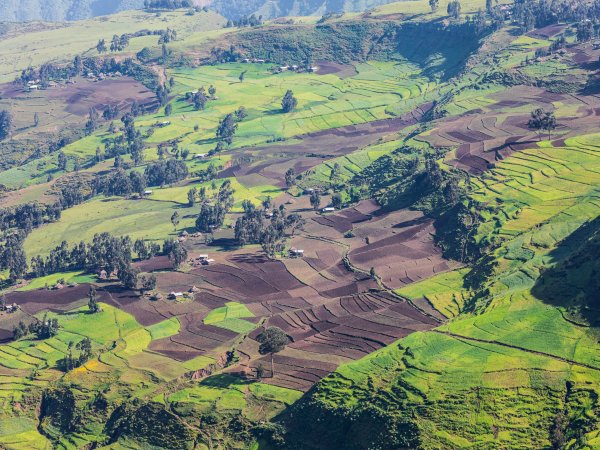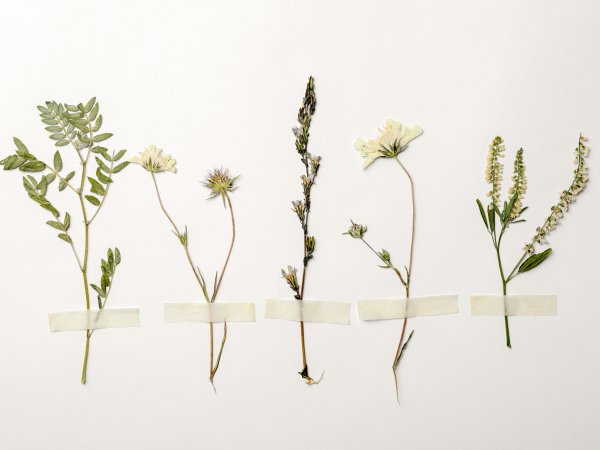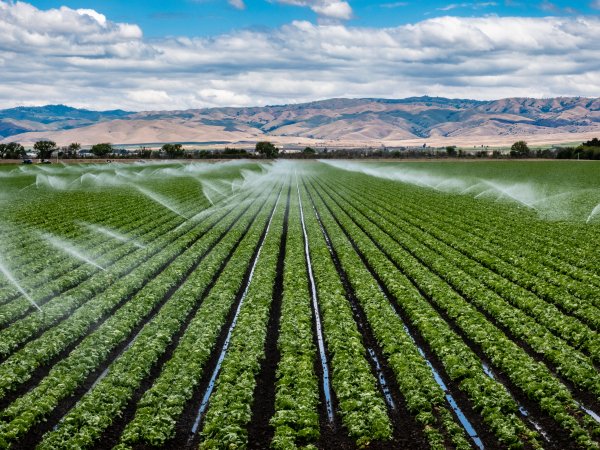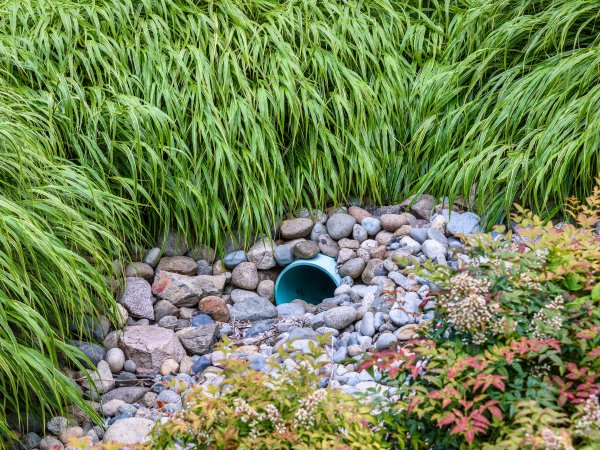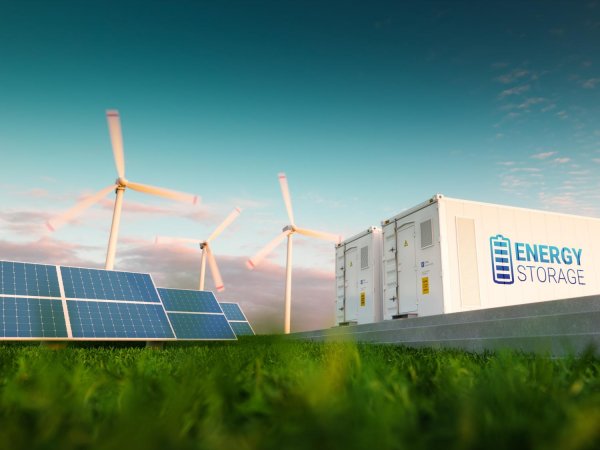Projects
Mycelium-Based Bio-Composites in Architecture: A Biodegradable and Renewable Alternative to Construction
Awarded: 2020 | Project Type: IEE Seed Grant
Mycelium-based bio-composites are bio-materials that are sustainable, biodegradable and can be grown with locally available resources. By implementing these materials in temporary and/or low-rise masonry constructions as alternatives for conventional masonry units, it would be possible to decrease the amount of waste produced by the architecture, engineering and construction (AEC) industry, but also reduce carbon emission.
Reconstructing the History of Thermal and Sediment Anomalies in the Resilience of Coral in the Cartagena Bay, Colombia
Awarded: 2020 | Project Type: IEE Seed Grant
This research will provide insights into how corals respond to global and local anthropogenic disturbances, historically and in the present. We will use ancient DNA (aDNA) methods to monitor how corals respond to the impact of long-term anthropogenic activities at Varadero reef, a preeminent coral study site off the coast of Cartagena, Colombia. At this site, the man-made Canal Cartagena Varadero del Dique feeds approximately 144 × 10^6tons of suspended solids onto the Orbicella faveolata coral in Cartagena Bay each year.
Renewable Energy Art and Design
Awarded: 2020 | Project Type: IEE Seed Grant
The groundbreaking of the Penn State Solar Farm in Franklin County signaled an advance in renewable energy use that both saved energy costs and lowered greenhouse gas emissions by Penn State. Clean energy will make a positive impact not only on the Penn State community but also inform residents of the state how to avoid climate change. However, there are still persistent needs to promote the awareness of our energy usage and the impact of our energy choices.
Resetting Phosphorus Cycling Research with 18Oxygen Isotopes
Awarded: 2020 | Project Type: IEE Seed Grant
The biogeochemical cycling of phosphorus (P) is the least understood of the carbon (C), nitrogen (N) and P trio. Agriculture has both depleted (erosion, harvest and removal) and enriched soils with P by adding inorganic P fertilizers to soils, and by transferring P harvested in grain to other soils via animal feeding and manure disposal. We live in a world with an altered P cycle that, on one end demands more P fertilizer to maintain agricultural productivity and on the other pollutes water, a dichotomy that society still does not know how to manage.
The Dynamic Role of Manganese in Soil Organic Carbon Turnover
Awarded: 2020 | Project Type: IEE Seed Grant
Healthy soils are fundamental to life on earth and soil organic carbon (SOC) is at the heart of many functions important to healthy soils. Recent evidence suggests that SOC oxidation is principally controlled by Mn content, specifically by soluble Mn(III) species, which may be the single most important factor governing soil organic carbon oxidation. If true, Mn-SOC interactions represent a fundamental paradigm shift in understanding whether SOC is preserved in soil or released as a greenhouse gas.
Addressing Potential Health Effects Due to Drinking Water Quality among Humans and Animals in Plain-Sect Community Using Community-Based Approaches
Awarded: 2019 | Project Type: IEE Seed Grant
Lancaster County, which is home to a large plain-sect population, annually produces 72 million pounds of nitrogen from animal manure, which is considerably more than the absorptive capacity of local farms. The excess manure has documented pollution effects on the local water resources, including groundwater via excess nitrates and bacteria. This is concerning since groundwater is the primary source of drinking water mainly from private wells, which are not federally regulated.
Characterizing Food-Energy-Water Systems in Ethiopia
Awarded: 2019 | Project Type: IEE Seed Grant
This interdisciplinary project will examine development challenges in three agroecological zones of Ethiopia through the lens of integrated food-energy-water (FEW) systems. Leveraging existing relationships with partners in Ethiopia, we will conduct in-depth case studies of three Ethiopian communities. These case studies will describe the main components of the FEW systems in each location, understand the interactions between these components, and identify the links between FEW systems and development challenges (e.g., poverty, food insecurity) in the three study communities.
Developing Integrated Low-Cost Sensors for Improving Building Environmental Performance
Awarded: 2019 | Project Type: IEE Seed Grant
As Americans spend majority of their times (>20 hours daily) indoors, indoor environments play critical roles in human exposure to air pollutants and health implications. The first step to creating a healthy and comfortable indoor environment is to monitor critical indoor air pollutants. Traditionally, indoor air quality sensors have not been integrated into building monitoring systems due to high cost and lack of performance. With recent advances in sensing technology, several low-cost sensors become available for indoor air quality (IAQ) monitoring.
Herbarium Specimens as Microbial Time Capsules in the Face of Global Change
Awarded: 2019 | Project Type: IEE Seed Grant
Understanding the role that microbial communities play in biological invasions is an emerging challenge in invasion science1. In this project, we will use metagenomic data from natural history collections of invasive plants as a novel means to understand the microbial ecosystems associated with plant invasion. Mined from leaf tissue from ~800 herbarium specimens of blue mustard (Chorispora tenella), an invasive and agricultural weed of western North America, we will use microbial DNA as evidence of how microbial ecosystems and their relationships with plants have been affected by global change over the last century2.
Identification of Links between Surface Water Microbiomes and Microbiological Water Safety
Awarded: 2019 | Project Type: IEE Seed Grant
With the rapid growth of global population, there is an increasing demand for clean water for food crop production. Surface waters that are currently the most commonly used for irrigation of food crops will soon not be sufficient to meet this demand. Hence, there is a growing need to evaluate water recycling solutions for energy efficiency and microbiological safety. Currently established methods for microbiological safety testing of water rely on microbial indicators that too often fail to indicate the presence of foodborne pathogens.
Identifying Sweet Spots for Green Stormwater Infrastructure Interventions in Pennsylvania Urban Communities
Awarded: 2019 | Project Type: IEE Seed Grant
Cities across the US are struggling to better manage stormwater quantity and quality to comply with Clean Water Act standards, as well as to enhance their resilience to projected changes in precipitation under climate change. Many cities are looking to green stormwater infrastructure (GSI; e.g. bioswales, porous pavement) as a strategy to manage these issues in a cost-effective manner, but they often struggle to find the resources to best implement GSI.
Increasing Power Densities and Cycle Efficiencies of Novel, Thermally Charged Flow Batteries Using Advanced Flow Cell Topologies
Awarded: 2019 | Project Type: IEE Seed Grant
The objective of the proposed work is to develop recently-invented thermally-rechargeable flow batteries (TRFBs), that already have power densities higher than other thermal conversion technologies, into a commercially-viable grid-level energy storage and power production technology that is fueled by industrial waste heat. The proposed work has the potential to transform this new clean energy technology and is highly relevant to Penn State’s goal of being a leading Energy University and the IEE strategic priority area focused on our Future Energy Supply.

